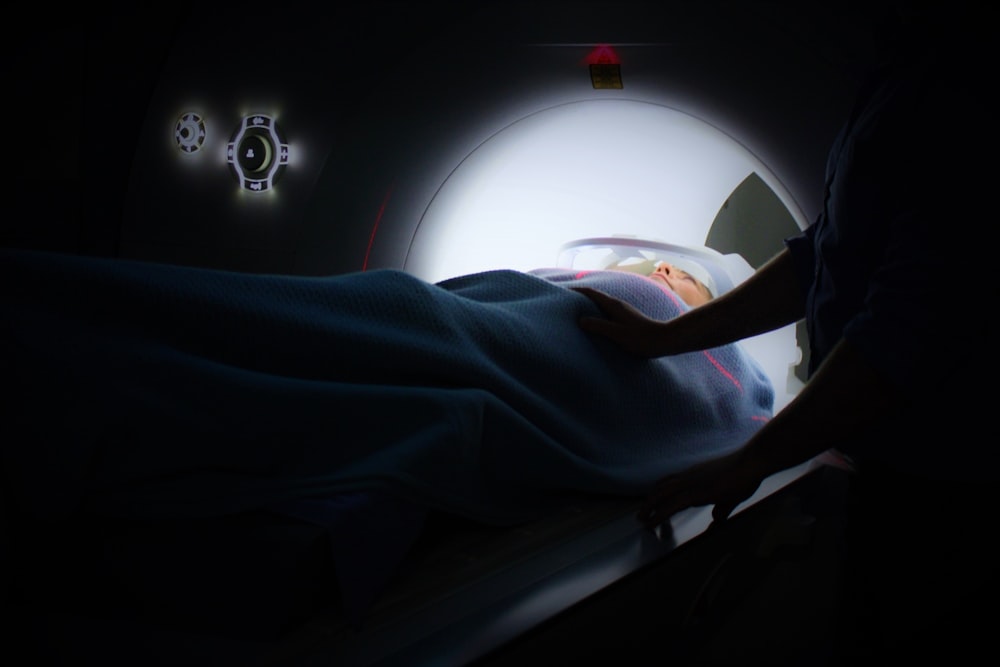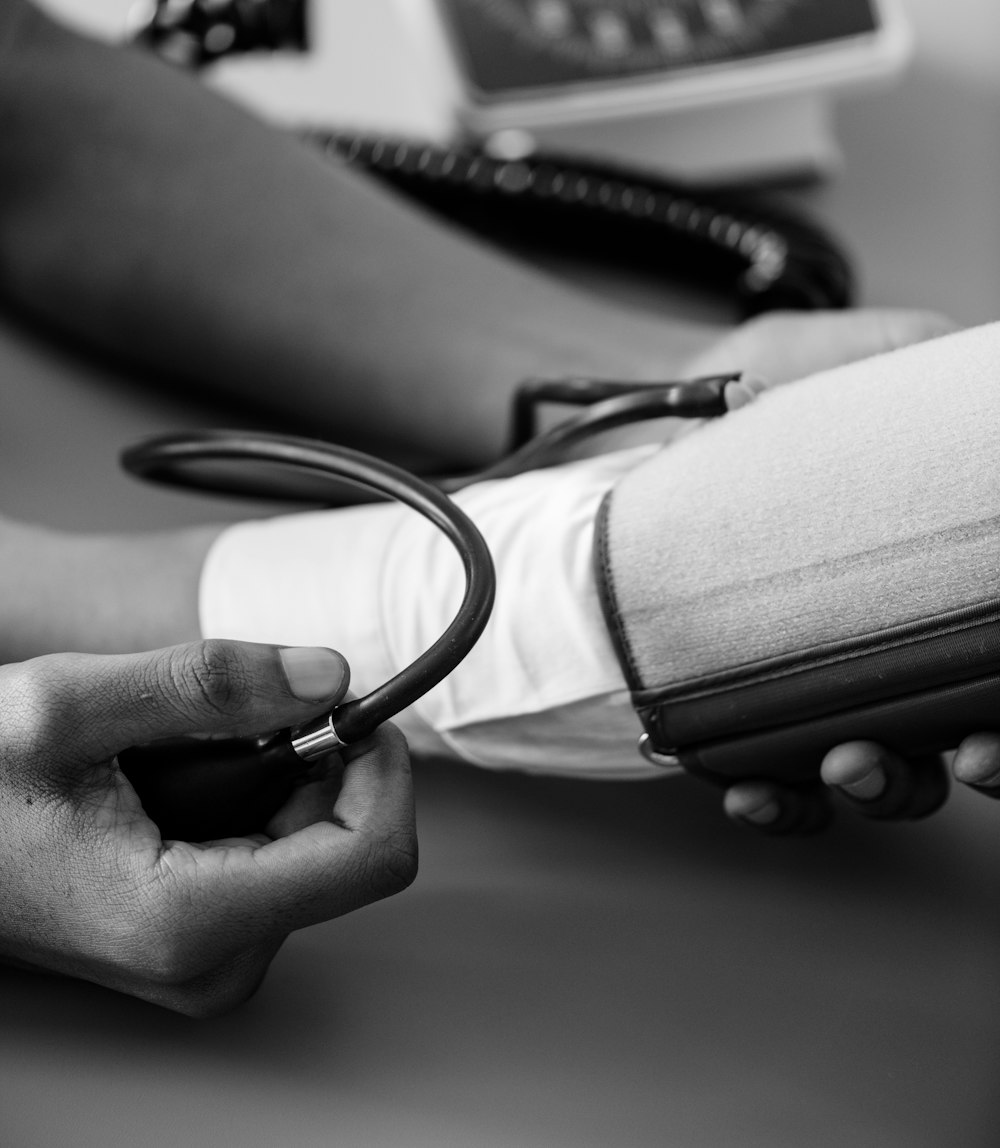This is a question that buzzes in our mind quite often, especially whenever we hear someone aged getting diagnosed with cancer.
Almost instinctively, we evaluate our age difference with them and hope for better health as and when we grow old. Now, while some may call that paranoia, research suggests that this fear may not be entirely baseless.
Why in Old Age?
According to research, as life expectancy increases, quite naturally the number of older people within the population also increases. Also, and quite unfortunately, a lengthier lifespan also results in a heavier medical expenditure per person.
One of the most worrisome medical conditions which one can contract in old age is cancer, because, as we age, our cells naturally deteriorate due to everyday wear and tear over the years. They also begin to multiply at an exponential rate, indicating the presence of cancer.
Obviously, this does not mean that you will definitely get some form of cancer as you age. The point here is just to give you a heads up that, as we age, we have to become increasingly cautious and aware about how our body functions, identifying abnormalities wherever they may be.

Ignoring the health warning signs is not an option anymore as the more informed you are about your family health history and your own body system, the more likely you are to get the necessary treatment in due time to avoid any further, more severe health complications.
Moreover, as you age, your immune system would certainly be not as good as it was when you were in your 20s. Hence, after crossing 50, you should most definitely come under the radar and, after crossing the age of 65, bear in mind that you will be approximately 40 times more likely to be diagnosed with cancer than when you were 20 years of age and must get regular checks for the same.
Given these circumstances, a surge of elderly cancer patients is expected in the coming years, posing a certain challenge for healthcare institutions and insurance companies as they’d have to manage accordingly.
Cancer and the Genders
It has also been observed in research that, apart from testicular cancer, women are more prone to getting cancer compared to men. Over the years, a drop has been witnessed among men who have been diagnosed with the condition, especially in the number of people who were suffering from lung cancer.

The exact reason behind such a scenario has not been identified as yet. As you probably know, smoking is said to be among the leading causes of lung cancer, and while the number of men opting to quit smoking has increased, women apparently have not joined the trend as of yet, which is causing the variance in statistical figures.
There is a theory that women have weaker lungs compared to men and hence they are more susceptible to the disease. However, none of this has been scientifically proven as yet.
The Focus is Needs to be on the Lifestyle
There are a few lifestyle habits which also determine the risk factor behind the development of various forms of cancer. Our food consumption choices definitely play a pivotal role in reducing the instances of liver, colon, and breast cancer cases.
Other than that, risk of getting cancer in the throat, oral cavity, and esophagus can also be reduced by watching the food we eat and the amount of alcohol we consume.
Apart from our eating and drinking habits, exercise, as always, remains perhaps the most undermined change which must be incorporated in our lifestyle to avoid the risk of getting cancer.
A healthier version of you will not only be able to keep diseases at bay, but will also help you fight them in a more effective manner. Your inner strength significantly impacts the strength you put up against a disease like cancer, so do not take your current health for granted.




